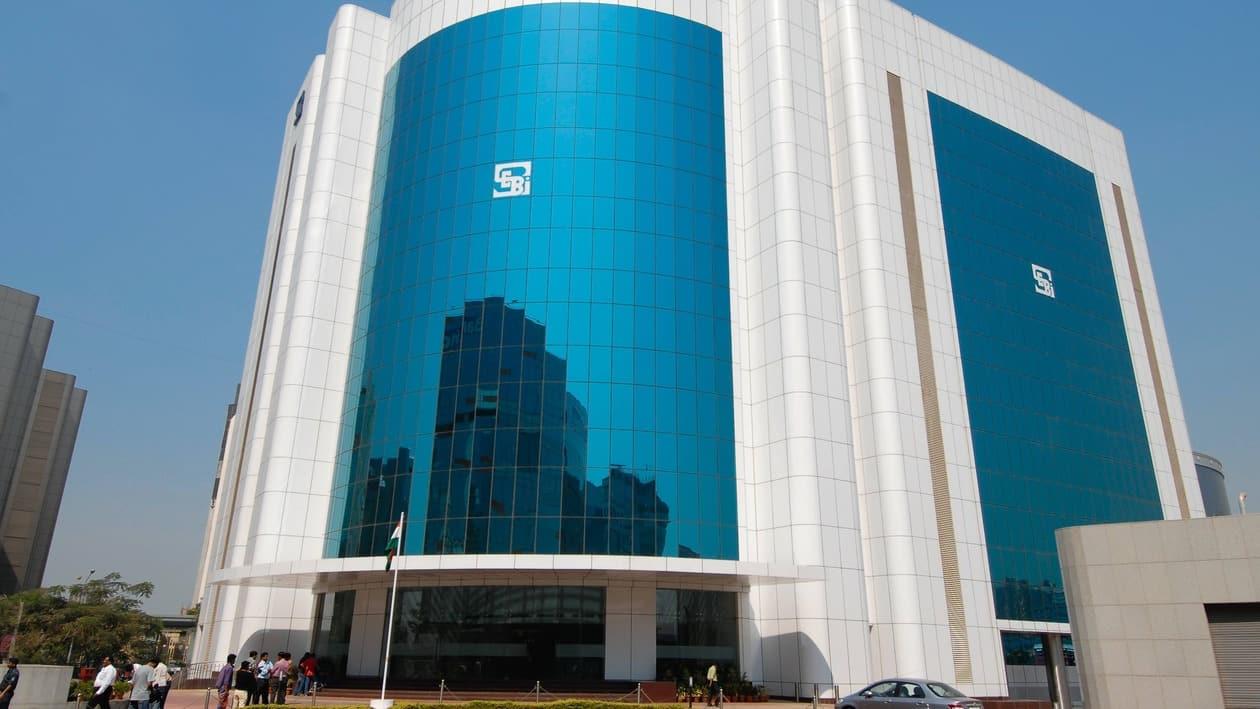The Securities and Exchange Board of India is deliberating on allowing mutual funds to charge higher expenses for direct plans. Such plans bypass distributors and have a lower expense ratio than the regular schemes, reported Business Line.
This is to the extent of the brokerage or commission paid to distributors of regular plans. For instance, if an equity scheme is charging 150 basis points in its regular plan and the distributor commission works out to 50 bps, the direct plan offered cannot charge more than 100 bps.
The regulator may look at reducing the difference in expenses between the plans to 70 per cent, 80 per cent or 90 per cent of the distributor commission paid, said two people familiar with the matter.
So, in the above example, the scheme can charge up to 115 bps for direct plans if the difference is reduced to 70 per cent.
The move, however, could be detrimental to investors as higher expenses could eat into scheme returns. The relaxation will help fund houses in incurring the additional cost required to promote direct plans by way of marketing, sales, and brick & mortar presence.
Regular plans, to some extent, subsidise the indirect cost of running a direct plan. But as direct plans grow and form, say, 30 per cent, 40 per cent or 50 per cent of the assets under management, this will become difficult, he said.
Direct investments amount to 24 per cent of individual assets, latest data from the Association of Mutual Funds in India show.
“Mutual funds remain a push product and AMCs incur marketing, sales and other costs in selling direct plans. Without a relaxation, AMCs may find it difficult to promote direct plans going forward,” said another senior official.
Investors typically save 80-100 basis points in direct equity plans versus the regular equity schemes.
The lower expense ratio of direct plans translates to higher returns on investments, especially over longer time horizons. Such plans are, however, suitable for investors capable of doing independent research and identifying funds on their own.
It is not clear if the tweaks, if any, will be part of the second proposals on total expense ratio or be taken up for further discussions by a separate committee.
According to a recent SEBI report, 66 per cent of direct funds outperformed their benchmark over a 10-year period compared with 39 per cent of regular funds that managed to do so. Over a five year period, 45 per cent of the direct funds beat their benchmark compared with 26 percent of regular funds.
